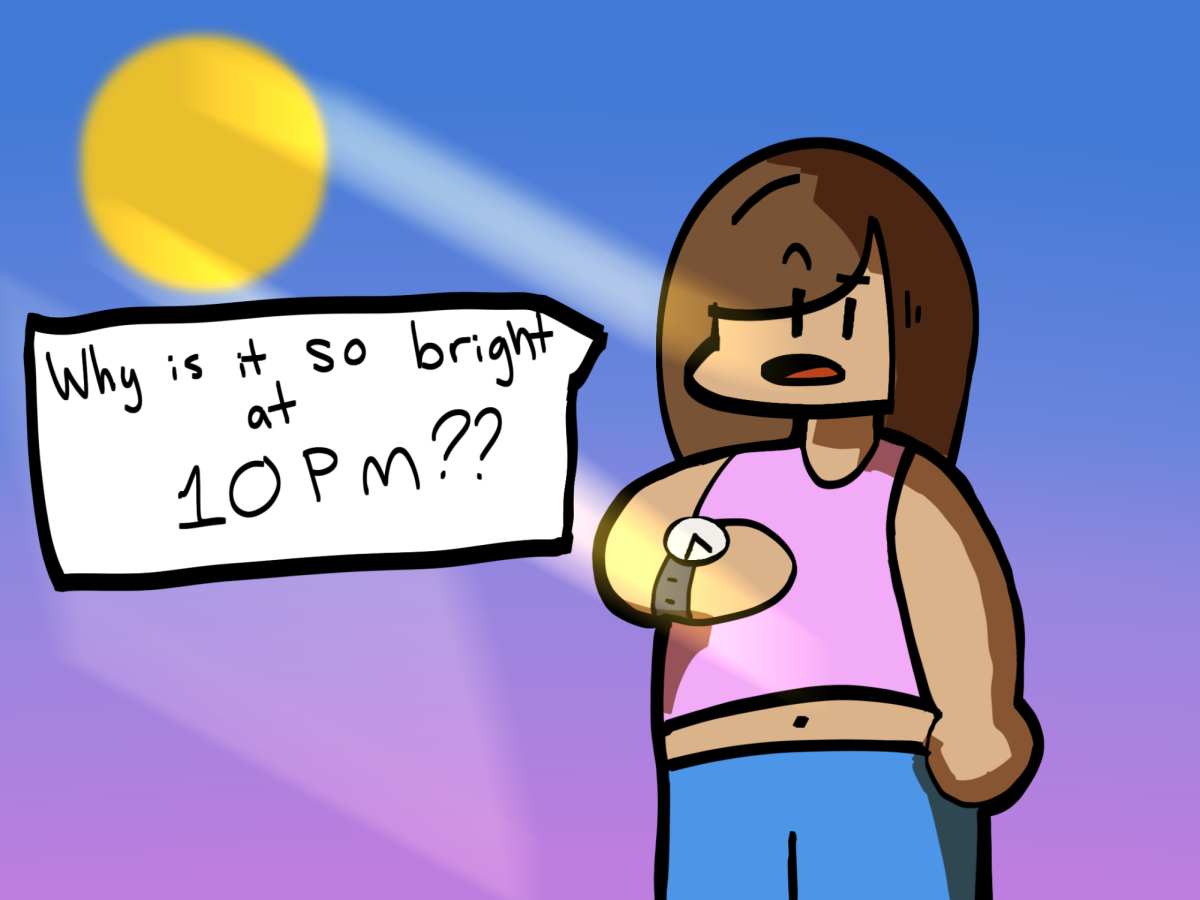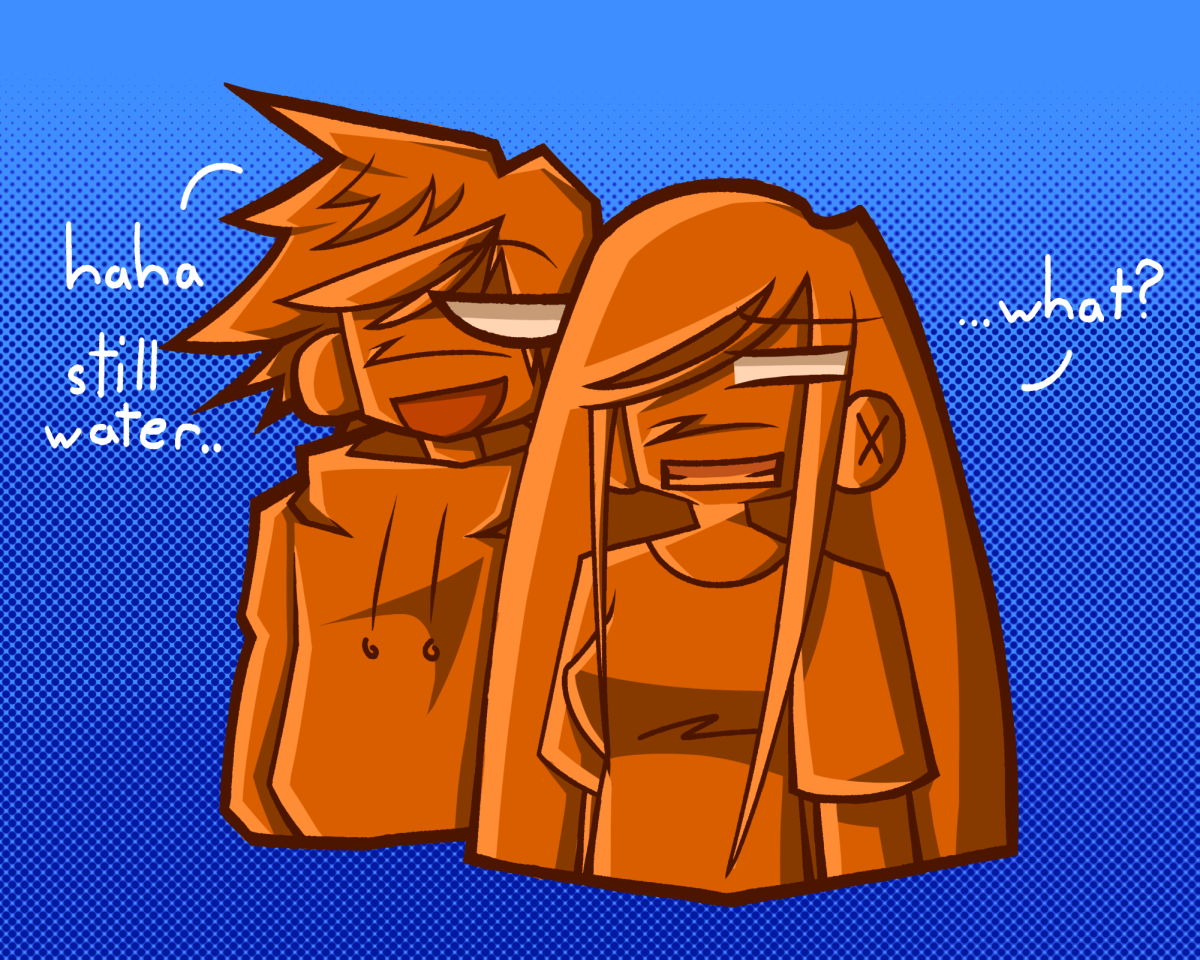
Photo credited to Kyra Uson
By Mehul Trivedi
The coolest company on the block, Apple, recently released a new addition to its line of flashy products: the iPad.
Released April 3, the iPad is Apple’s newest attempt at creating a “tablet computer.” It has captivated most of the nation. In a recent press release, Steve Jobs said the iPad sold a million units in less than half the time it took the popular iPhone to do so.
A recent review of the iPad by the New York Times described it as a “gigantic iPod Touch.”
The iPad can do everything an iTouch can, but it also utilizes an operating system, allowing a user to do most things a laptop could, such as type word documents and make spreadsheets.
The real question is: can this product live up to its hype as a laptop killer?
According to science teacher Steve Armstrong, the answer is no.
“The iPad is the way of the future, but it cannot replace a laptop,” said Armstrong.
Armstrong said one of its major flaws is its virtual keyboard, which makes it hard to compare the iPad to a laptop.
The virtual keyboard is hard to type with and is very accident-prone, making it difficult to type efficiently.
The lack of a viable alternative to an external keyboard may keep away potential buyers.
“Some people just need a keyboard,” said Armstrong.
The iPad is touted to have lightning speed when viewing Web pages and is ideal for surfing the Internet.
The base model of the iPad only has Wi-Fi connection, making it useless outside of a wireless hot spot.
A premium 3G version of the iPad was released April 30, but it starts at $629 and needs a separate 3G data plan.
The iPad, in addition to doing all that an iTouch and most of what a laptop can do, can also read books through Amazon’s Kindle application, which is a visual book reader. Critics who believe it to be superior to the Kindle have praised the function.
On the other hand, sophomore Giulio Zhou, owner of both an iPad and a Kindle, prefers to read on his Kindle.
“With the iPad, you can only read what Apple has on its online store,” said Giulio.
Unlike the iPad’s restrictions, Amazon’s Kindle offers owners the freedom to put their own books or PDF’s on the device, a reason why Kindle remains popular among readers like Giulio.
The iPad, while it has problems, continues to be popular for people who both love and hate Apple.
Sophomore Dalton Ricks, an Apple afficonado, and senior critic Travis Maier both love the iPad.
“I would buy the iPad, even though it is made by Apple,” said Maier, who is usually a PC fan.
The continuing popularity of the iPad and its successful worldwide release makes it a critical and financial success.
Though a lot of people want an iPad, some students would rather wait until it is improved.
“The second-generation iPad is bound to be better than the first,” said Dalton.
The first generation Apple iPad proved to be an expensive yet popular tablet computer. Despite its various problems, the iPad will now be high on wish lists across the world.





